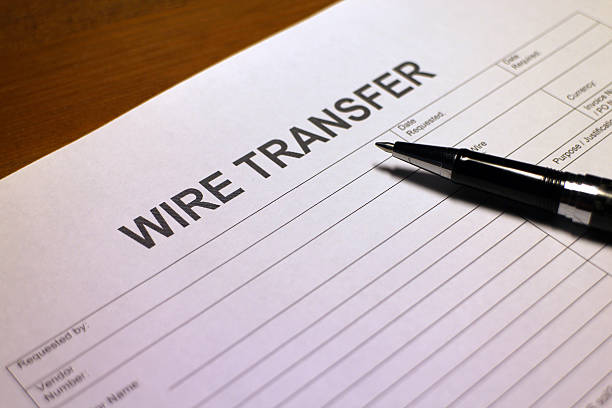One of the most common places to find your bank's routing number is on your checkbook or chequebook. Look at the bottom left corner of your check, and you'll see a series of numbers printed in a specific sequence. The routing number is typically the first nine-digit number in this sequence.
2. Online Banking Platform
If you're a fan of digital banking, your bank's routing number is likely accessible through your online banking platform. After logging in to your account, navigate to the section that provides your account details. You'll often find your routing number listed there along with your account number and other essential information.
3. Bank's Official Website
Visit your bank's official website and explore the customer service or help section. Many banks provide a dedicated page where you can find frequently asked questions and useful information. Look for a section related to account numbers, routing numbers, or wire transfers, as this is where you might discover your routing number.
4. Customer Service
Don't hesitate to contact your bank's customer service for assistance. Whether you prefer speaking over the phone or sending an email, the customer service team is there to help. They can provide you with accurate information regarding your routing number and guide you on how to locate it.
5. Mobile Banking App
If your bank offers a mobile banking app, the routing number might be accessible there as well. Open the app, log in to your account, and explore the options or settings menu. Some apps provide a summary of your account details, including the routing number.
6. Account Statements
Your bank account statements, whether physical or electronic, can also contain your routing number. Check the header or footer of your statement for relevant account information. If you receive electronic statements via email, you can search for 'routing number' within the email to quickly locate this information.
7. Direct Deposit Authorization Forms
If you've set up direct deposit for your paycheck or other recurring payments, you might have received a direct deposit authorization form. This form usually includes your routing number and account number for easy reference.
8. Bank Branch
Visiting a local branch of your bank can also be a helpful way to find your routing number. The bank's staff can provide you with accurate information and even print out relevant documents if needed.
Conclusion
Your bank's routing number is a critical detail that you'll need for various financial transactions. By familiarizing yourself with these sources, you can quickly and confidently locate your routing number whenever it's required. Whether you prefer the convenience of online banking, the assistance of customer service, or the traditional approach of checking your checkbook, there's a method that suits your preference. Remember to always keep this information secure and use it only for legitimate financial transactions.
Frequently asked questions (FAQs) related to bank routing numbers and bank routing information:




